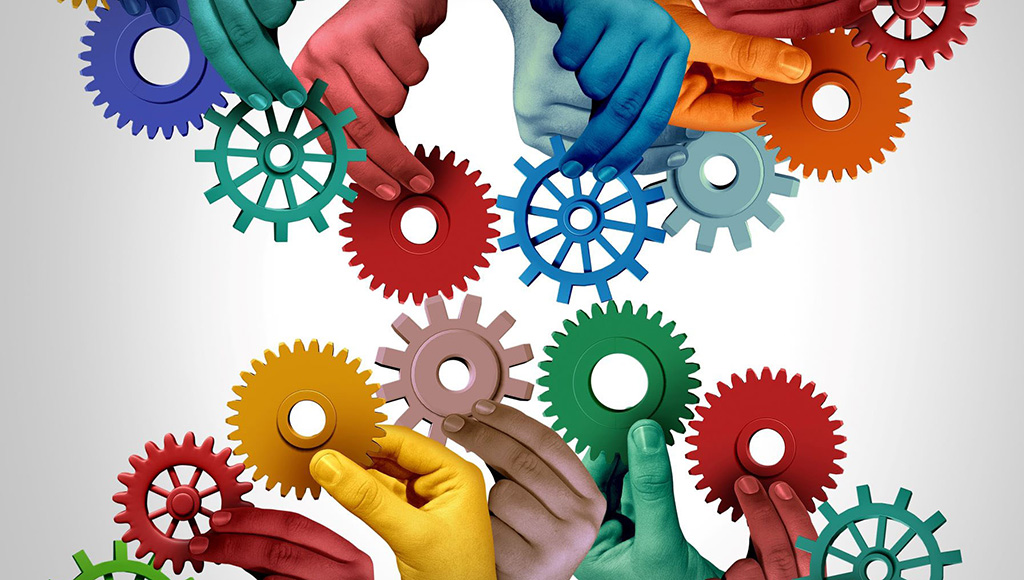On 11 April 2024 I attended an afternoon discussion about citizen participation at the Royal Netherlands Academy of Arts and Sciences (KNAW), with fellow Bassetti Foundation collaborator and sitting member of the Lombardy Regional Forum for Innovation Cristina Grasseni.
The Royal Netherlands Academy of Arts and Sciences describes itself as the guardian and interpreter of science in the Netherlands.
From the website:
The Academy is the forum, the voice and the conscience of science in the Netherlands. Its institutes lead the way here and abroad with their research and collections. Its activities are based on the conviction that knowledge and creativity are the most important ingredients for well-being and prosperity.
The Academy’s duties are described as to serve as a learned society representing the full spectrum of scientific and scholarly disciplines; to act as a management body for national research institutes; to advise the Dutch Government on matters related to scientific pursuit.
Who Wants to Participate?
The Who Wants to Participate? event brought together a host of speakers with broad expertise covering (amongst others) social psychology, public governance and management, economics and social history, rights and democracy and the governance of sustainability.
During his welcome address, KNAW member Maarten Prak posed a sharp question for the forthcoming panel: what does democracy expect from its citizens? The panel consisted of professors Denise de Ridder, Scott Douglas and Hanneke van Eiken, all from Utrecht University, author Eva Rovers, and professor Eefje Cuppen from Leiden University. Each member delivered a short speech during which the following points were addressed:
Psychologist Denise de Ridder showed how collaborative settings increase participants’ self-confidence and satisfaction in results; management scholar Scott Douglas brought fragile citizens into the picture, due for example to low levels of literacy; Eva Rovers championed the Citizen Council (burgerberaad) model for improving democratic self-confidence; legal scholar Hanneke van Eijken talked in particular about decision-making dilemmas within different possible scenarios for climate policy; professor of Governance of Sustainability Eefje Cuppen raised the need to highlight which societal values should take the lead in sustainable transitions.
The point is that these dilemmas, values, scenarios, and turning points for decision-making should be widely shared and discussed. People understand democracy within the framework of representative democracy, guaranteed by their right to vote, but democracy is much broader than that. Voters may understand their position in representative democracy and its methodology (how and when to vote), but this is not the case with public participation, for which society is still developing guidelines.
The aim to involve citizens (or better: residents) derives from the relationship between power and governance. Good governance means using power to proactively listen to residents. Making choices together leads to more commitment and better convergence between governed and governors.
There is an increasing political climate of frustration and mistrust of democracy. There is mistrust in government but governments also mistrust their population. There is also a lack of democratic self-confidence among common citizens, although the adoption of citizen councils could help to restore this as a sort of ‘democratic muscle’ training.
A similar analysis was made by Francesca Forno, Cristina Grasseni and Silvana Signori in their quantitative, qualitative, and field investigation of solidarity economy networks in Lombardy functioning as ‘citizenship labs’ or ‘democracy gym’ (Forno et al 2016, 2013).
Which alerts us to the importance of language use, as societal values may be contested. Participation needs to be well prepared and organized. And should consensus always be the goal?
The panel speeches were followed with questions from the floor:
How do we carry out these wishes in practice? Towards which level should interventions point: national, regional, local? Where does political responsibility lie and how is it legitimated? How could we accelerate the process? Should there be the right to reimbursement for those who participate?
How can we view the relationship between representative democracy and the ideas of citizen-led democracy? How can we understand the role of cultural differences within participation but also in expectations?
What is the goal for participation? How do you address decisions that have been made 20 years ago under different understandings?
Some Concluding Remarks
Many of the topics raised and discussed were closely aligned to those addressed in broader Responsible Innovation literature. Several of the speakers called for what President Piero Bassetti would call a ‘glocal’ approach, and several interesting practical examples were described during the floor discussion, including that of the tandem Kammer in Germany.
A striking piece of information offered at the summit is that around thirty citizen councils are already active at municipal level to aid local governance in the Netherlands. At national level, a parliamentary committee has already debated the composition of a National Citizens’ Forum on Climate and Energy Policy, the debate taking place in the House of Representatives in June of 2023 under Rob Jetten as Minister for Climate and Energy.
References
Forno, F, Grasseni, C, Signori S (2016) Italy’s solidarity purchase groups as ‘citizenship labs’. In Huddart Kennedy E, Cohen MJ, Krogman N (eds) Putting Sustainability into Practice: Advances and Applications of Social Practice Theories. Edward Elgar, Northampton MA, pp 67-88
Forno, F, Grasseni, C, Signori S (2013) Oltre la Spesa. I gruppi di Acquisto Solidale come Laboratori di Cittadinanza e Palestre di Democrazia, Sociologia del Lavoro, 4: 127-142. doi: 10.3280/SL2013-132010
















